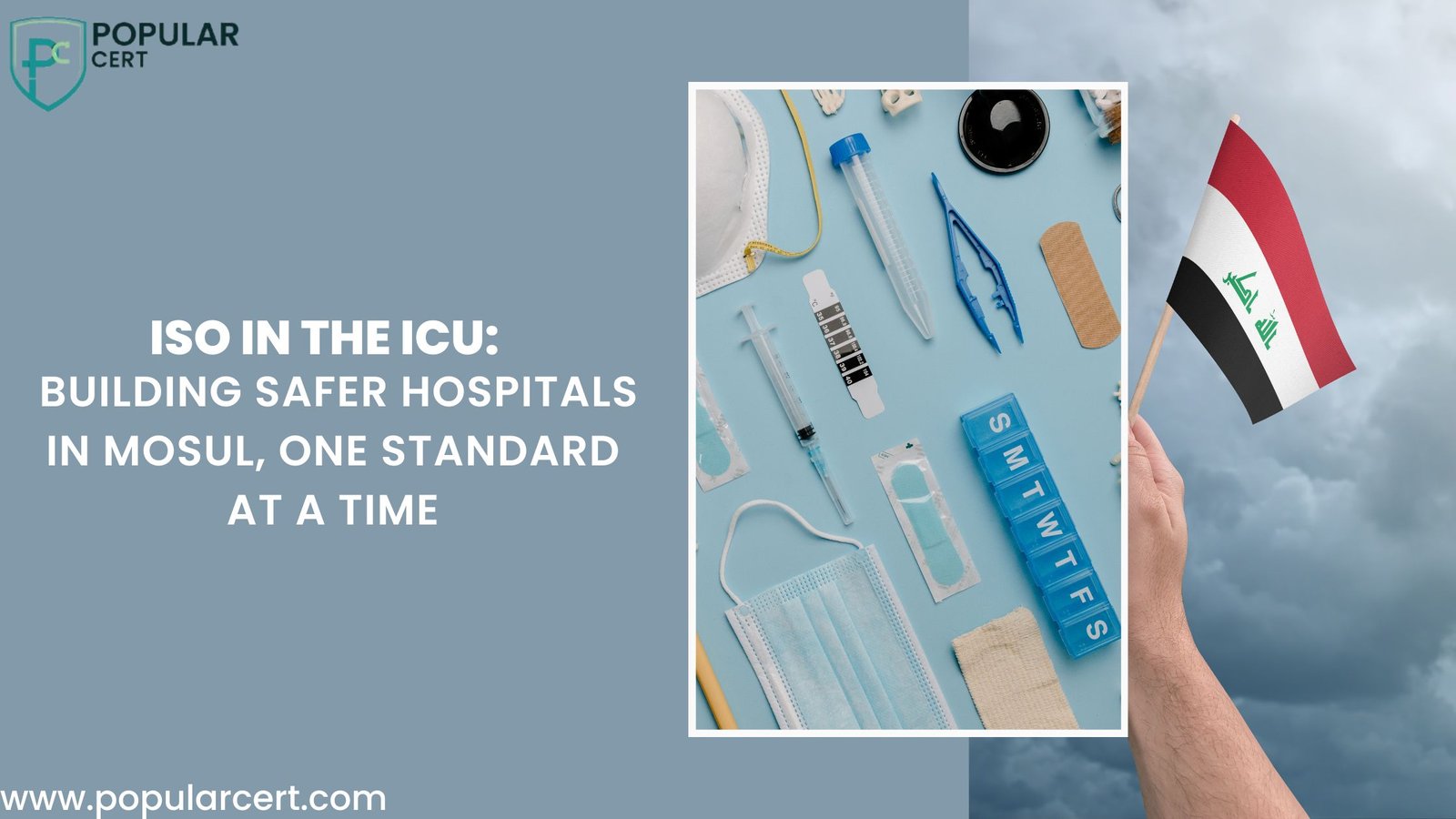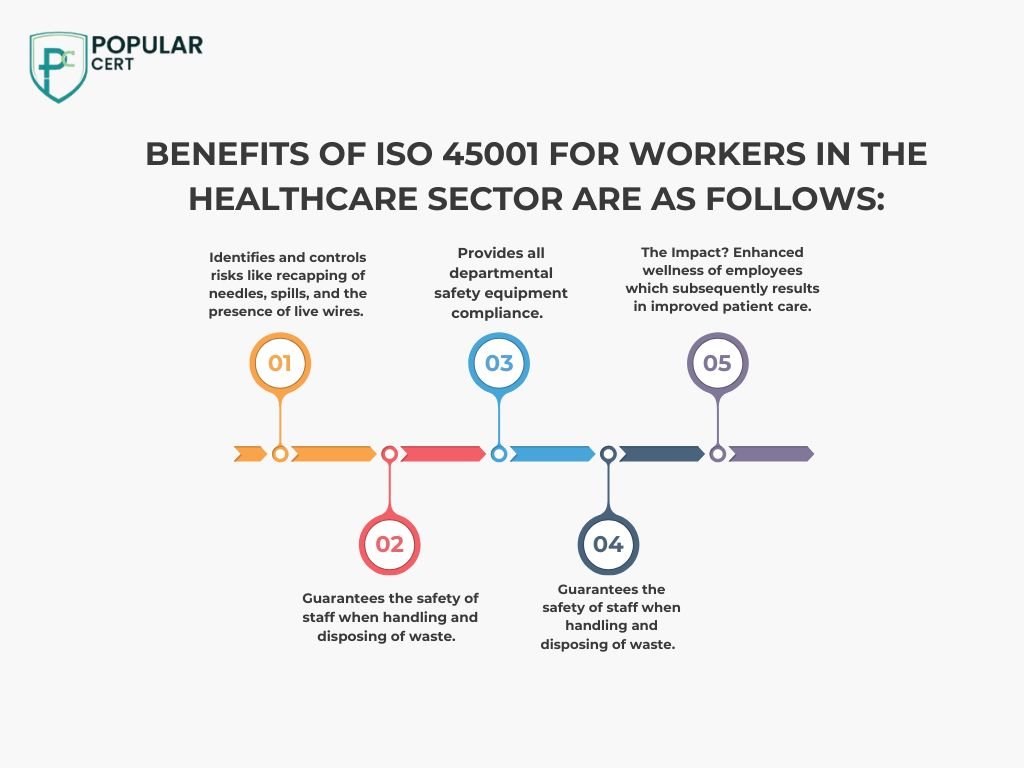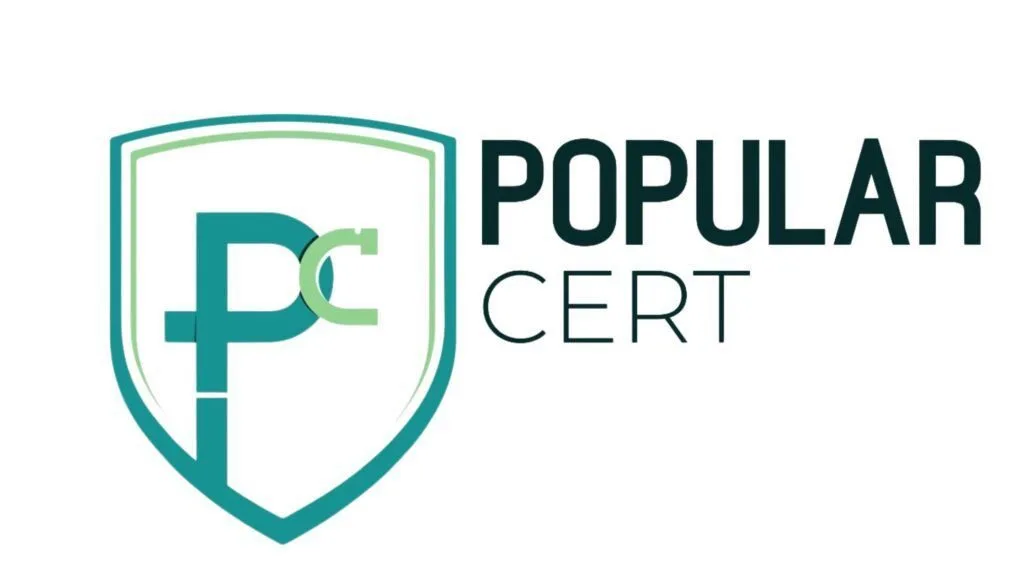ISO in the ICU: Building Safer Hospitals in Mosul, One Standard at a Time

It’s not only new walls and medical supplies that are helping Mosul’s hospitals heal. Beneath the surface, a transformation is occurring; ISO standard requirements are “improving” the systems of health care.
In a city gradually recovering from conflict, accessible sophisticated medicine is not considered an extravagance; it is vital. While hospitals are being reconstructed, the implementation of ISO Certification in Mosul is revolutionary in enhancing the safety and cleanliness of patient care.The Hidden Strength of ISO in Healthcare
Healthcare as an industry can be broken down into various parts like; urgent situations, infections, caring for a human life all under immense stress. The margin for error is preciously slim and that is exactly why ISO standards hold so much importance.
The ISO or International Standards Organization is responsible for creating universal standards which allow consistency, quality, and safety across hospitals.
Some of the more prominent ways ISO impacts health care include:
- Reduction in the number of medical errors
- Enhancement of security measures for patients
- Hygiene and cleanliness assurance
- Defined staffing and procedural guidelines
- Increased training and responsibility for staff
- Enhanced public confidence in the institution
ISO standards can implement system wide changes that have the power and potential of saving lives.
Real-Life Impact: A Tale of Two Hospitals
Let’s have a look at two hospitals in Mosul and how they handle emergency patients. One hospital has ISO 9001 certification while the other does not.
Hospital A (Non-certified):
- Patients remain in the waiting area without receiving any announcements for hours.
- Staff members appear to be confused about the most basic organizational concern: who owns the test report files.
- Medical refuse collects in open containers with no lid.
- Files, if they exist, are in such a state that they could be classified as disintegrating.
Hospital B (ISO-certified):
- Patients who come to the facility are welcomed, registered and triaged in a rapid manner.
- Patients are welcomed with a clear directive, which makes their interaction pleasant.
- Team members are familiar with the role they are expected to perform.
- Safe, systematic removal of waste is performed during the procedure.
- Documents belonging to patients are attained and arranged in coordination to the filing system.
Check all of your family’s important documents; which of the two hospitals has deeper set surgical tools?
The disparity brought about from ISO certification in real life, quite literally, is – no funnels in the hallways, but funnels that lead to safer health care outcomes.
How ISO 9001 Lifts the Standard of Patient Care
ISO 9001 carries the prestige of being the most used and practiced globally. In the context of health institutions, it guarantees that patient care processes are monitored and systematically enhanced.
Benefits of ISO 9001 for the health sector include:
- Defined structures and workflow for every department, including admission and discharge procedures
- Consistent staff training to minimize changes and mistakes
- Use of structured techniques aimed at raising patient satisfaction
- Error-reporting techniques aimed at avoiding future recurrence and repetition of mistakes
- Prompt reporting techniques to requiring family members of patients
- Hospitals implementing ISO 9001 principles observe significant reductions in:
- Incorrectly identified diseases and ailments
- Unattended follow-up appointments
- Dissatisfaction and complaints voiced by patients
It helps in the enhancement of hospital culture where every patient is received with warmth and well cared for irrespective of the time.
Safer Workplaces with ISO 45001
Not only do hospitals serve as places for recuperation, but they also represent some of the most dangerous places of employment.
A physician, nurse, janitor, or laboratorian is constantly at threat from biological risks, stress, and injury. This explains the importance of occupational health and safety, ISO 45001, and the risks of illness and accidents in hospitals.
Benefits of ISO 45001 for workers in the healthcare sector are as follows:

Infection Control with ISO 14001: Clean Hospitals, Healthy Patients
The cleanliness of the healthcare environment is critical in negating the risk of spreading severe health issues from a single infected syringe, a contaminated surface, or even a small leak in medical waste.
The ISO 14001 standard pertaining to environmental management ensures that hospitals around the world limit their violation of people and nature.
Healthcare benefits include:
- The proper treatment and disposal of hazardous biological waste.
- Conservation of water and energy resources.
- Minimization of the risk of cross contamination.
- Implementation of policies aimed at keeping surgical and intensive care units free from airborne pollutants.
- Hospitals in Mosul, ISO 14001 certified, have reported a decrease in infection rates for recovery post-surgery units.
Protecting Patient Data with ISO 27001
Nowadays, protecting patient privacy is extremely important, especially in this digital world.
All sensitive hospital information, such as a person’s diagnosis and even their insurance information, is protected under ISO 27001, the international standard for information security. Here’s what happens in hospitals:
- Recording logs of patients and controlling access
- Access to data is strictly controlled and given to authorized personnel only
- Hacking or leaking sensitive data by accident is not allowed
- Fostering trustworthiness in services offered in digital health
Imagine a hospital that has your full medical history but has them stored securely and only your doctor has access to it. That is how powerful ISO 27001 is.
Real Example: ISO Saves Lives in Erbil General Hospital
Let us examine a nearby Erbil case. A large public hospital had persistent, high infection rates in the maternity ward. A third-party audit determined the following:
- Lack unsupervised evidence of a cleaning schedule
- Inconsistent glove use
- Failure to segregate biohazard waste from other refuse
Hospital management began collaborating with ISO consultants to apply ISO 9001 and ISO 14001.Within 8 months: - Infection incidence was reduced by 43%
- Cleaning and sterilization logs were kept
- Staff was trained adequately on hygiene standards
- Waste separation was integrated
Mothers and babies now freely enjoyed peace with cleanliness. Trust began as word spread, and usage of this facility grew among women.
Such is the confidence building side of ISO that helps improve systems.
ISO 13485: The Standard for Safe Medical Equipment
Properly functioning medical equipment such as infusion pumps and dialysis machines are crucial in the health care system Ventilator. In addition, they are a necessity within a hospital environment.
For medical devices, rest assured that ISO 13485 will check compliance of necessary device tactile requisites.
This standard aid the enterprises within the scope of checking:
- Infrastructure for construction is safe.
- Checking respiratory devices and making sure that they are maintained along with proper calibrations and evaluations.
- Applicable compositions regarding volume of work, devices purchased including tangibles.
Replacement systems are operable - Methods for accountable periods to document predetermined criteria are safeguarded.
Operating rooms are required to have enhanced systems that ensure perfection. For example, in the ICU, a default on failure results in failure of the patient, which can be fatal. ISO standard ensures that life saving procedures can be carried out.
How ISO Improves Hospital Reputation
Along with advancing the standard of care offered, ISO certification improves the reputation of a hospital.
Advantages ISO certification adds to your reputation include:
- Increases trust amongst the patients and their families.
- Expanded global patronage opportunities.
- Augmented investments from well-recognized physicians and nurses.
- Facilitates international collaborations.
- Enhanced operational efficiency.
In regions like Mosul, where numerous hospitals are being built, ISO can differentiate them as advanced, secure, and internationally esteemed institutions.
Long-Term Benefits of ISO in Healthcare
Acquiring ISO certification is not a one-time accomplishment; it is a continued promise of advancement. These are the benefits that hospitals can harness over time:
- Lower patient infection rates
- Faster response times in emergencies
- Better-trained staff across departments
- Reduced waste and operational costs
- Enhanced patient satisfaction
- Legal protection through documented compliance
In conclusion, the ISO standards construct hospitals that are strategically useful, morally commendable, and well-organized – everything that the citizens of Mosul need.
Why Hospitals in Mosul Should Act Now
The healthcare system in Mosul has already begun showing signs of improvement. Building trust is the next step and nothing helps achieve that like reliable, certified services.
- When hospitals begin using ISO today,.
- These healthcare providers will be capable of handling possible future cases in the future
- They will improve healthcare on offer currently
- They will restore the trust of the public.
It’s all from one certificate. One ISO. One life saving initiative. This translates to, “We care. We’re prepared. We’re committed”
Why Choose Popularcert?
Here at Popularcert, we issue ISO certifications and also journey with you every step of the way.
We appreciate the difficulties that healthcare facilities in Iraq face, particularly in places like Mosul.
Let us outline why healthcare practitioners have confidence in us.
- ISO certification experts
- Bilingual representatives who are nice and make the process easier
- Civic and private hospital experience in the Middle East
- Accelerated audit and certification services
- Pre-agreed pricing with no hidden charges
- Comprehensive assistance before, during and post certification
We endeavor to improve the quality of life by helping you achieve global standards whether you are running a rural clinic or city hospital.
We are your partners in quality, and not just a service provider.
Conclusion:
“ISO in the ICU” garners attention as a phrase but captures the idea of saving lives by having the correct standards set.
From a nurse’s hand washing to a surgeon’s eye checking instruments and even the management of waste each and every action can become impactful when ISO starts to guide.
Necessity is the nature of ISO in places like Mosul, where healthcare needs to improve and rise.
The purpose of construction has to be with care. The goal is to enhance healthcare trust one certified hospital at a time.
Types Of Certification
- ISO Certification
- ISO 9001 Certification
- ISO 14001 Certification
- ISO 45001 Certification
- ISO 22000 Certification
- ISO 27001 Certification
- ISO 17025 Certification
- ISO 13485 Certification
- ISO 20000-1 Certification
- ISO 22301 Certification
- ISO 50001 Certification
- ISO 37001 Certification
- IATF 16949 Certification
- ISO 29001 Certification
- ISO 31000 Certification
- ISO 20121 Certification
- ISO 10002 Certification
- ISO 41001 Certification
Get Free Consultation
Our Clients


















GET A FREE CONSULTATION NOW
FAQ
What is the importance of ISO certification in hospitals?
ISO certification helps hospitals improve patient safety, reduce medical errors, and ensure high-quality healthcare services. Standards like ISO 9001, ISO 14001, and ISO 45001 ensure that hospitals follow global best practices in hygiene, staff safety, waste management, and patient care. It also builds trust with patients and healthcare authorities.
Which ISO standards are most important for the healthcare industry?
Key ISO standards for the healthcare industry include:
- ISO 9001 (Quality Management)
- ISO 14001 (Environmental Management)
- ISO 45001 (Occupational Health & Safety)
- ISO 13485 (Medical Devices)
- ISO 27001 (Information Security for patient records)
Each of these standards helps hospitals run more safely, efficiently, and ethically.
How does ISO 9001 improve hospital performance?
ISO 9001 improves hospital performance by standardizing patient care processes, ensuring staff accountability, and reducing errors. It introduces quality management systems that monitor and improve everything from admission to discharge, leading to higher patient satisfaction and better outcomes in ICUs, ERs, and general wards.
How can a hospital in Iraq get ISO certification?
Hospitals in Iraq can get ISO certification by partnering with a trusted ISO consultancy like Popularcert. The process includes a gap analysis, training, system implementation, internal audit, and certification audit. With expert guidance, hospitals can achieve ISO 9001, ISO 45001, or ISO 14001 smoothly and cost-effectively.
